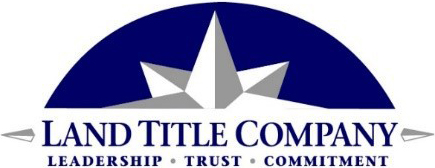Understanding the mechanics of loan assumptions and the role of escrow is crucial for home purchasers when navigating a transaction involving a conventional or VA loan assumption.
A loan assumption occurs when a buyer takes over the seller’s existing mortgage under the original terms. This option can be attractive as it may bypass some closing costs and offer favorable loan terms if interest rates have increased since the mortgage was first obtained.
Here is how escrow facilitates these processes:
- Escrow’s Role in Loan Assumptions: Escrow serves as a neutral third party, holding documents and funds while ensuring all transaction conditions are met. This includes:
- Document Collection and Review: Escrow agents gather all necessary documents, such as the mortgage and assumption agreements, ensuring everything is in order for the transfer.
- Lender Approval: Essential for loan assumptions, escrow agents facilitate the approval process by liaising between the buyer, seller, and lender to assess the buyer’s creditworthiness.
- Funds Management: Escrow handles all monetary aspects, ensuring the seller receives any due equity and that all fees associated with the assumption are settled.
Special Considerations for VA Loan Assumptions
VA loan assumptions come with unique requirements set by the Department of Veterans Affairs, designed to protect both the original and assuming borrower:
- Eligibility and Release of Liability: VA assumptions require the new borrower to meet specific VA eligibility criteria, which may include military service. Crucially, the original borrower can be released from liability, a significant difference from conventional loans.
- Funding Fee: VA loan assumptions include a funding fee to support the VA loan program, that can be less than fees for new VA loans.
Escrow in VA Loan Assumptions
Handling a VA loan assumption requires escrow to take additional specific actions:
- Verifying Eligibility: Ensuring the assuming borrower meets all VA requirements is a key role for escrow.
- Managing Specific Documentation: This includes handling VA-specific forms and ensuring the release of liability is properly processed.
- Coordinating with the VA: Direct coordination with the VA is necessary to comply with all regulations and facilitate the financial aspects of the assumption.
- Finalizing Ownership Transfer: Escrow updates and files the deed post-approval, officially transferring ownership under the VA loan assumption terms.
Both regular and VA loan assumptions are complex transactions requiring careful management by escrow to ensure legality and compliance. For VA loan assumptions, additional layers of verification and coordination with the VA are crucial, underscoring the importance of a competent escrow service in safeguarding the interests of all parties involved.
For Further Reference:

